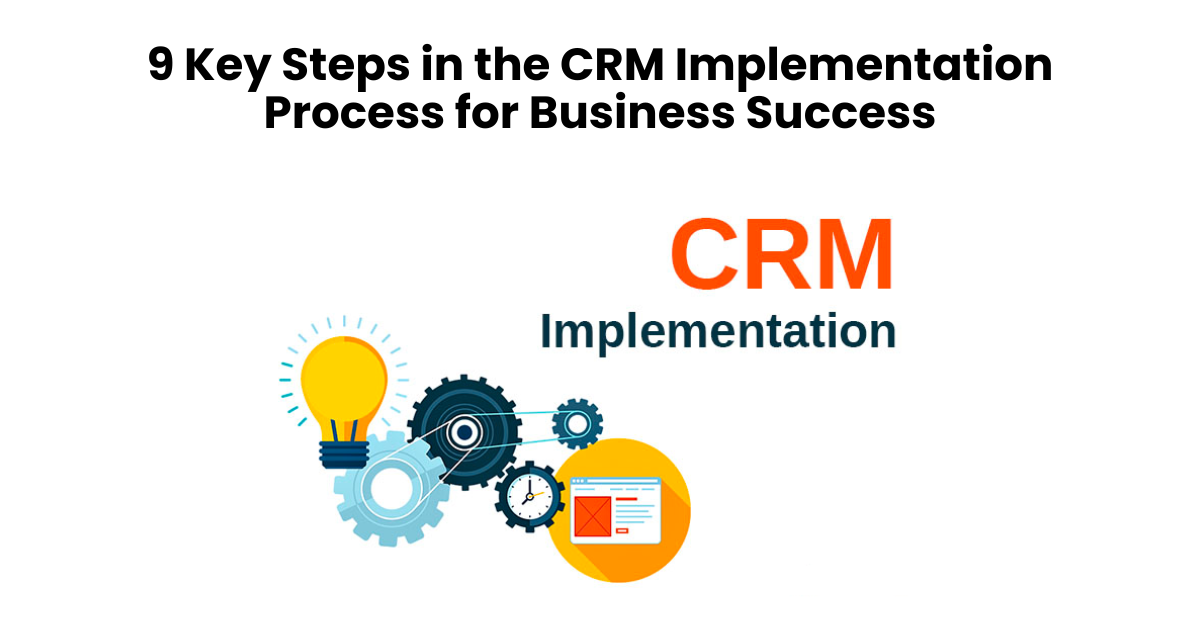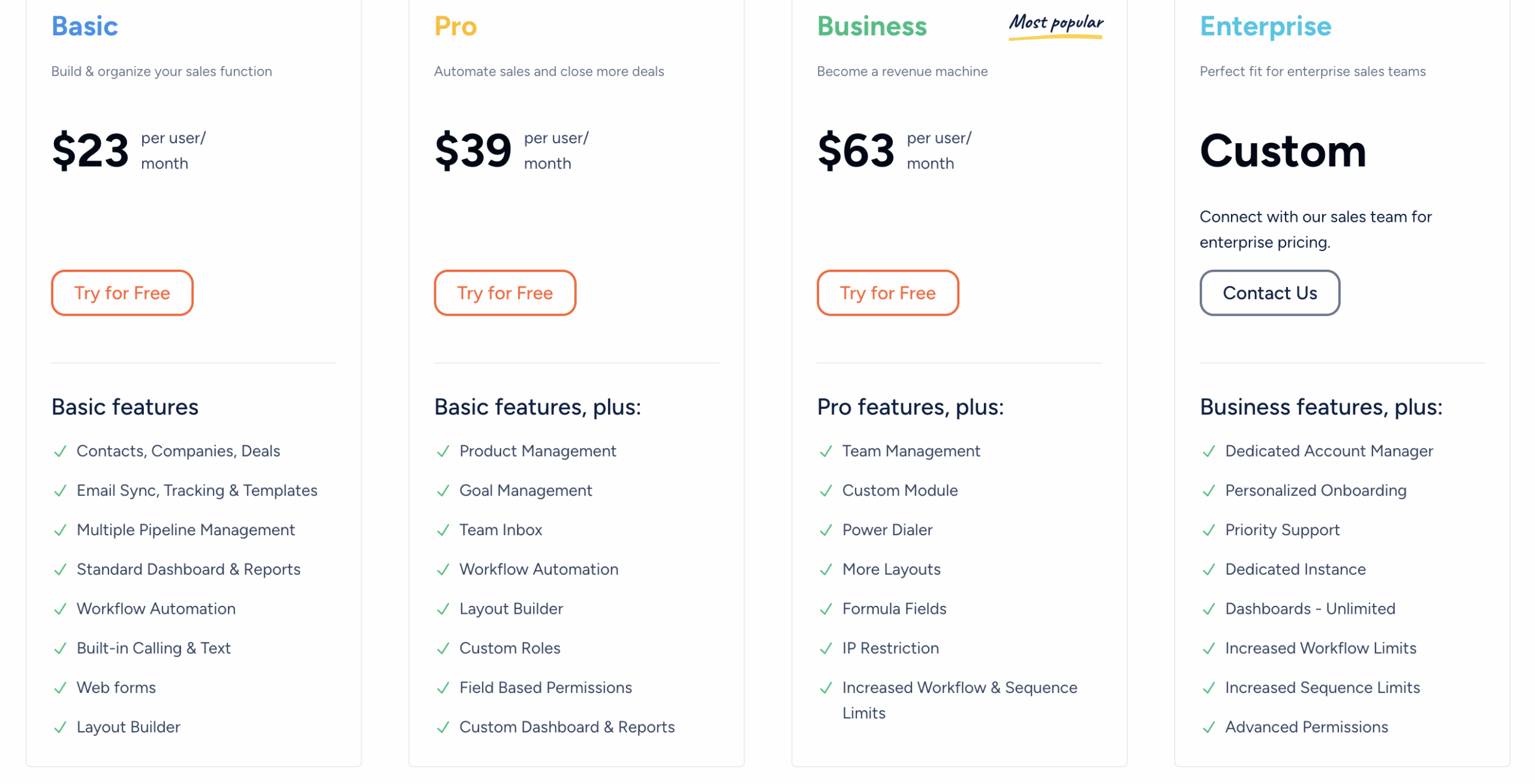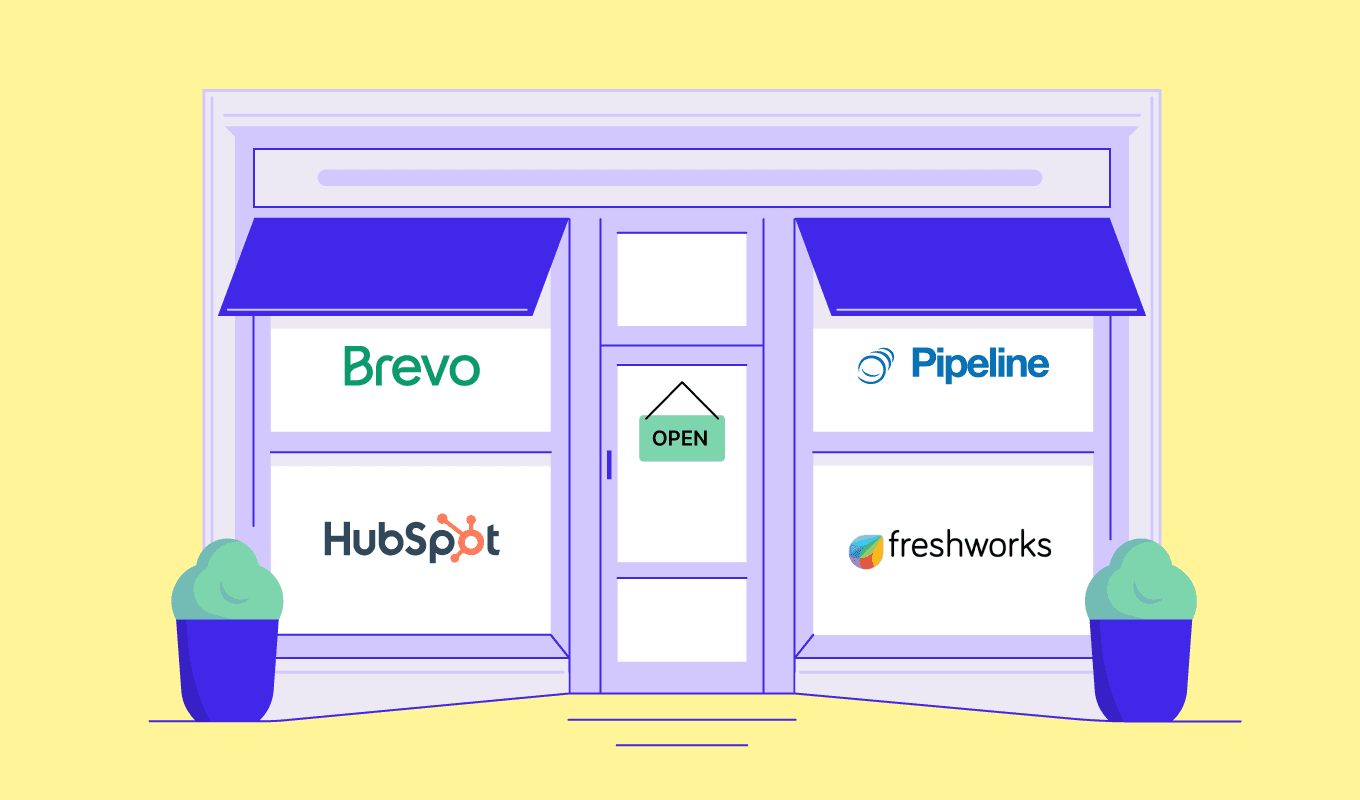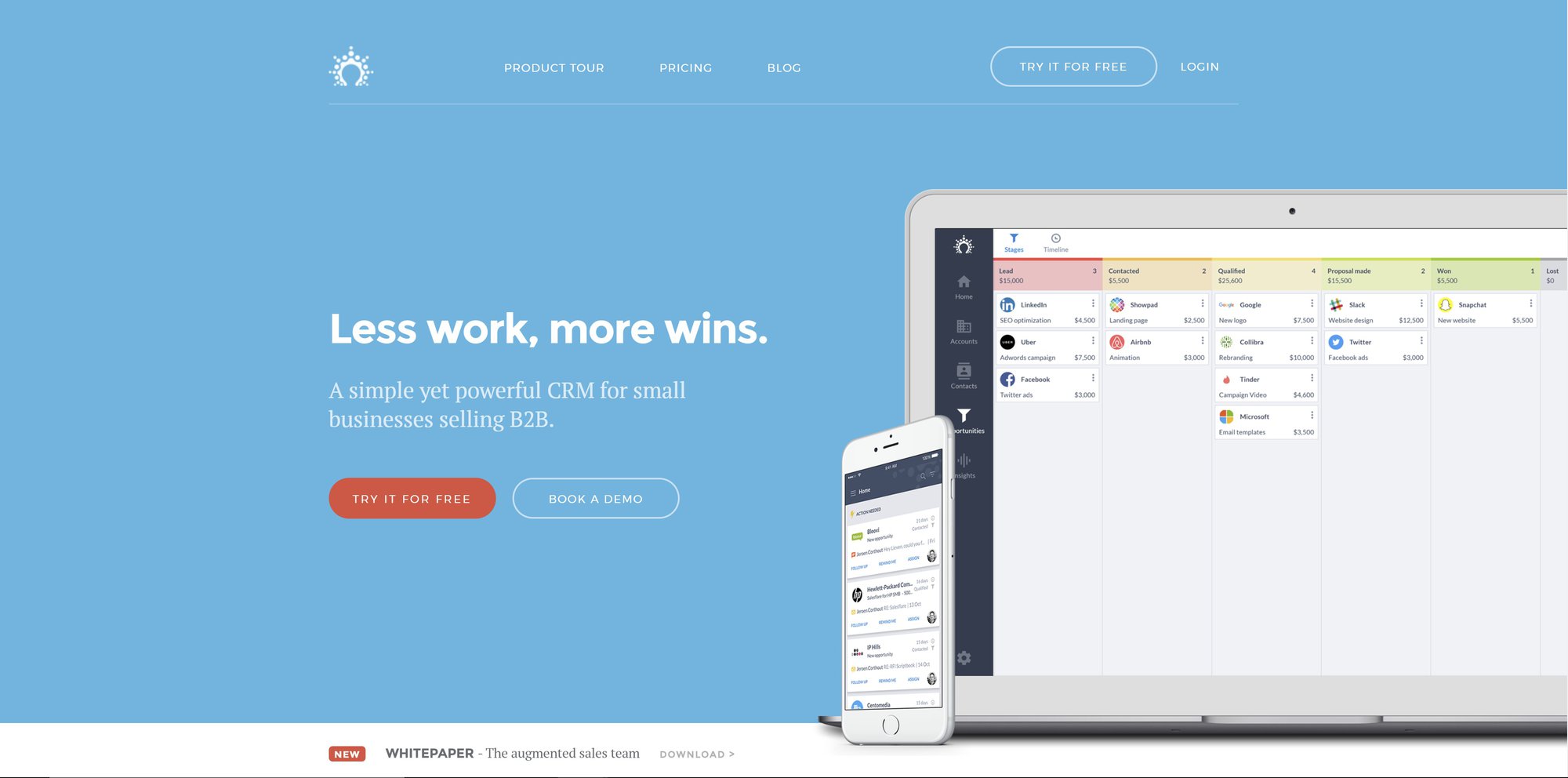Supercharge Your Sales: A Deep Dive into CRM Marketing Automation Tools
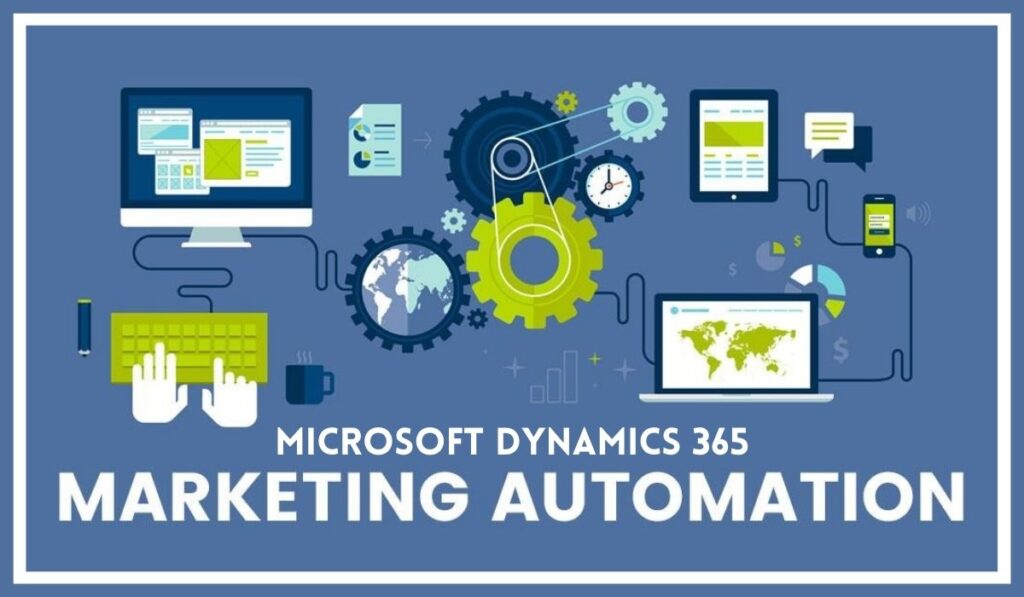
The Power of Automation in Modern Marketing
In today’s fast-paced digital landscape, businesses are constantly seeking ways to streamline their operations, enhance customer engagement, and ultimately, boost sales. One of the most effective strategies to achieve these goals is through the implementation of Customer Relationship Management (CRM) marketing automation tools. These tools are designed to automate repetitive marketing tasks, personalize customer interactions, and nurture leads throughout the sales funnel. This article will delve deep into the world of CRM marketing automation, exploring its benefits, key features, and the top tools available to help you supercharge your sales.
What is CRM Marketing Automation?
At its core, CRM marketing automation is the process of using software to automate marketing activities. It combines the power of CRM, which helps manage customer data and interactions, with marketing automation, which streamlines and automates marketing workflows. This integration allows businesses to:
- Improve Efficiency: Automate time-consuming tasks like email marketing, social media posting, and lead nurturing.
- Enhance Personalization: Tailor marketing messages and offers based on customer behavior and preferences.
- Increase Lead Generation: Capture and qualify leads more effectively.
- Boost Sales: Nurture leads through the sales funnel, leading to higher conversion rates.
- Gain Valuable Insights: Track and analyze marketing performance to optimize campaigns.
By automating these processes, businesses can free up valuable time for their marketing teams to focus on strategic initiatives, such as content creation, campaign planning, and building stronger customer relationships.
The Benefits of CRM Marketing Automation
Implementing CRM marketing automation offers a wealth of benefits that can significantly impact a business’s bottom line. Here are some of the key advantages:
Increased Efficiency and Productivity
One of the most immediate benefits of marketing automation is the significant increase in efficiency and productivity. Tasks that once required hours of manual effort can now be completed automatically. This frees up marketing teams to focus on more strategic initiatives, such as developing creative campaigns, analyzing data, and optimizing marketing strategies. Automation streamlines workflows, reduces the risk of human error, and ensures that marketing activities are executed consistently and on time.
Improved Lead Generation and Qualification
CRM marketing automation tools excel at lead generation and qualification. They can track website visitors, capture lead information through forms and landing pages, and score leads based on their behavior and engagement. This allows marketing teams to identify high-quality leads and prioritize their efforts accordingly. Automation also facilitates lead nurturing, which involves sending targeted content and offers to leads based on their stage in the sales funnel, increasing the likelihood of conversion.
Enhanced Customer Engagement and Personalization
Personalization is crucial in today’s marketing landscape. Customers expect to receive relevant and timely information tailored to their individual needs and interests. CRM marketing automation tools enable businesses to personalize their marketing messages and offers based on customer data, such as demographics, purchase history, and website activity. This level of personalization leads to increased customer engagement, higher click-through rates, and improved conversion rates. Automated email campaigns, personalized website content, and targeted social media posts are all examples of how marketing automation can enhance customer engagement.
Better Sales and Revenue Growth
The ultimate goal of marketing automation is to drive sales and revenue growth. By automating marketing activities, improving lead generation and qualification, and enhancing customer engagement, businesses can significantly increase their sales pipeline and close more deals. Marketing automation tools provide valuable insights into campaign performance, allowing businesses to optimize their strategies and maximize their return on investment (ROI). Automated follow-up emails, personalized product recommendations, and targeted promotions are all effective ways to drive sales and revenue growth.
Data-Driven Decision Making
CRM marketing automation tools provide a wealth of data and analytics that can be used to make informed decisions. These tools track key metrics, such as website traffic, lead generation, email open rates, click-through rates, and conversion rates. By analyzing this data, businesses can gain valuable insights into their marketing performance, identify areas for improvement, and optimize their campaigns for maximum impact. Data-driven decision-making ensures that marketing efforts are aligned with business goals and that resources are allocated effectively.
Key Features of CRM Marketing Automation Tools
CRM marketing automation tools offer a wide range of features designed to streamline marketing activities and improve results. Here are some of the most important features to look for:
Email Marketing Automation
Email marketing is a cornerstone of most marketing strategies, and automation makes it even more effective. Features to look for include:
- Automated Email Campaigns: Create and schedule email sequences based on customer behavior, such as welcome emails, abandoned cart emails, and lead nurturing campaigns.
- Email Segmentation: Segment your audience based on demographics, interests, and behavior to send targeted emails.
- A/B Testing: Test different email subject lines, content, and calls to action to optimize your campaigns.
- Email Templates: Utilize pre-designed email templates or create custom templates to save time and ensure consistent branding.
- Email Analytics: Track key metrics, such as open rates, click-through rates, and conversion rates, to measure the effectiveness of your email campaigns.
Lead Scoring and Management
Lead scoring helps you prioritize your leads and focus your efforts on the most promising prospects. Key features include:
- Lead Scoring Rules: Define rules to score leads based on their behavior, such as website visits, email opens, and form submissions.
- Lead Segmentation: Segment leads based on their score and stage in the sales funnel.
- Lead Nurturing Workflows: Automate the process of nurturing leads with targeted content and offers.
- Lead Qualification: Identify qualified leads and pass them to the sales team.
- Lead Tracking: Track lead interactions and activities to gain insights into their behavior.
Workflow Automation
Workflow automation allows you to automate a variety of marketing tasks, such as:
- Campaign Automation: Automate the execution of marketing campaigns, including email sends, social media posts, and website updates.
- Task Automation: Automate repetitive tasks, such as data entry and lead assignment.
- Trigger-Based Automation: Set up automated actions based on specific triggers, such as a website visit or a form submission.
- Workflow Visualization: Visualize your workflows to ensure that they are efficient and effective.
- Workflow Reporting: Track the performance of your workflows to identify areas for improvement.
Social Media Automation
Social media automation can help you manage your social media presence and engage with your audience. Key features include:
- Social Media Scheduling: Schedule social media posts in advance to ensure consistent engagement.
- Social Media Monitoring: Monitor social media channels for mentions of your brand and industry keywords.
- Social Media Engagement: Engage with your audience by responding to comments and messages.
- Social Media Analytics: Track key metrics, such as engagement rates and reach, to measure your social media performance.
- Social Media Integration: Integrate your social media accounts with your CRM system to streamline your social media marketing efforts.
Reporting and Analytics
Reporting and analytics provide valuable insights into your marketing performance. Key features include:
- Campaign Tracking: Track the performance of your marketing campaigns, including email open rates, click-through rates, and conversion rates.
- Sales Reporting: Track sales data, such as revenue and deal size.
- Customer Segmentation: Segment your customers based on demographics, interests, and behavior.
- Customizable Dashboards: Create custom dashboards to visualize your key metrics.
- Data Exporting: Export your data for further analysis.
Top CRM Marketing Automation Tools
The market is saturated with CRM marketing automation tools, each with its own strengths and weaknesses. Here are some of the top contenders:
HubSpot
HubSpot is a popular and comprehensive CRM platform that offers a wide range of marketing automation features. It’s known for its user-friendly interface, extensive integrations, and robust reporting capabilities. HubSpot’s marketing automation tools include:
- Email marketing
- Lead nurturing
- Workflow automation
- Social media management
- Reporting and analytics
HubSpot is a great choice for businesses of all sizes, from small startups to large enterprises. It provides a free CRM with limited features, and paid plans are available with increasing levels of functionality.
Zoho CRM
Zoho CRM is another popular CRM platform that offers a comprehensive suite of marketing automation tools. It’s known for its affordability, ease of use, and customizable features. Zoho CRM’s marketing automation tools include:
- Email marketing
- Lead nurturing
- Workflow automation
- Social media management
- Reporting and analytics
Zoho CRM is a good choice for small and medium-sized businesses looking for an affordable and feature-rich CRM platform. It offers a free plan for small businesses and paid plans with advanced features.
Salesforce Marketing Cloud
Salesforce Marketing Cloud is a powerful and sophisticated marketing automation platform designed for large enterprises. It offers a wide range of advanced features, including:
- Email marketing
- Lead nurturing
- Journey building
- Social media marketing
- Mobile marketing
- Reporting and analytics
Salesforce Marketing Cloud is a great choice for businesses with complex marketing needs and a large customer base. It is a more expensive option, requiring a significant investment, but it provides the power and scalability to handle demanding marketing operations.
ActiveCampaign
ActiveCampaign is a marketing automation platform that is particularly strong in email marketing and lead nurturing. It is known for its ease of use, affordability, and advanced automation capabilities. ActiveCampaign’s marketing automation tools include:
- Email marketing
- Lead nurturing
- Workflow automation
- CRM
- Reporting and analytics
ActiveCampaign is a good choice for businesses of all sizes, particularly those focused on email marketing and lead generation. It offers a range of plans to suit different budgets and needs.
Pardot (Salesforce)
Pardot is a marketing automation platform designed specifically for B2B businesses. It is part of the Salesforce ecosystem and integrates seamlessly with Salesforce CRM. Pardot’s marketing automation tools include:
- Email marketing
- Lead nurturing
- Lead scoring
- Sales and marketing alignment
- Reporting and analytics
Pardot is a good choice for B2B businesses looking to improve lead generation, nurture leads, and align sales and marketing efforts. It’s a robust platform with comprehensive features, but it does come with a steeper learning curve compared to some other options.
Choosing the Right Tool for Your Business
The best CRM marketing automation tool for your business depends on your specific needs and requirements. Here are some factors to consider when making your decision:
- Business Size: Small businesses may benefit from more affordable and user-friendly platforms, while large enterprises may require more advanced features and scalability.
- Budget: CRM marketing automation tools vary in price, so it’s important to set a budget and find a tool that fits your financial constraints.
- Features: Consider the features you need, such as email marketing, lead nurturing, workflow automation, and reporting and analytics.
- Integrations: Ensure that the tool integrates with your existing systems, such as your website, CRM, and social media platforms.
- Ease of Use: Choose a tool that is easy to use and understand, so your team can quickly get up and running.
- Customer Support: Look for a tool that offers excellent customer support, so you can get help when you need it.
By carefully considering these factors, you can choose the right CRM marketing automation tool to help you achieve your marketing goals.
Implementing CRM Marketing Automation: Best Practices
Implementing CRM marketing automation effectively requires a strategic approach. Here are some best practices to follow:
- Define Your Goals: Before you start, clearly define your marketing goals and objectives. What do you want to achieve with marketing automation?
- Know Your Audience: Understand your target audience and their needs. This will help you personalize your marketing messages and offers.
- Choose the Right Tool: Select a CRM marketing automation tool that meets your specific needs and requirements.
- Plan Your Workflows: Map out your marketing workflows before you start automating them.
- Segment Your Audience: Segment your audience based on demographics, interests, and behavior to send targeted messages.
- Create High-Quality Content: Develop engaging and valuable content that resonates with your target audience.
- Test and Optimize: Regularly test your campaigns and optimize them based on your results.
- Integrate with Your CRM: Integrate your CRM marketing automation tool with your CRM system to ensure that your customer data is synchronized.
- Train Your Team: Train your marketing team on how to use the tool effectively.
- Monitor and Analyze: Continuously monitor and analyze your marketing performance to identify areas for improvement.
The Future of CRM Marketing Automation
The future of CRM marketing automation is bright. As technology continues to evolve, we can expect to see even more advanced features and capabilities. Some key trends to watch out for include:
- Artificial Intelligence (AI): AI will play an increasingly important role in marketing automation, enabling businesses to personalize their marketing messages even further and automate more complex tasks.
- Machine Learning (ML): ML will be used to analyze data, identify trends, and predict customer behavior.
- Hyper-Personalization: Businesses will move towards hyper-personalization, delivering highly targeted marketing messages based on individual customer preferences and behavior.
- Cross-Channel Marketing: Marketing automation will become more integrated across multiple channels, including email, social media, SMS, and mobile apps.
- Integration with IoT: The Internet of Things (IoT) will provide new opportunities for marketing automation, allowing businesses to gather data from connected devices and personalize customer experiences.
The ongoing innovation in CRM marketing automation promises to make it even more powerful and effective, helping businesses to stay ahead of the competition and achieve their marketing objectives.
Conclusion
CRM marketing automation is a powerful tool that can help businesses of all sizes streamline their marketing operations, enhance customer engagement, and boost sales. By automating repetitive tasks, personalizing customer interactions, and nurturing leads through the sales funnel, businesses can improve efficiency, increase lead generation, and drive revenue growth. The key is to choose the right tool for your business, implement it strategically, and continuously monitor and optimize your campaigns for maximum impact. As technology continues to advance, CRM marketing automation will only become more sophisticated and essential for businesses looking to succeed in the competitive digital landscape.
By embracing the power of CRM marketing automation, you can transform your marketing efforts, build stronger customer relationships, and achieve sustainable business growth. Don’t be left behind – take the leap and start automating your marketing today!

